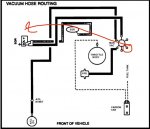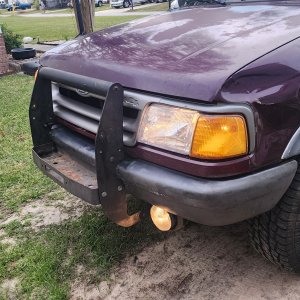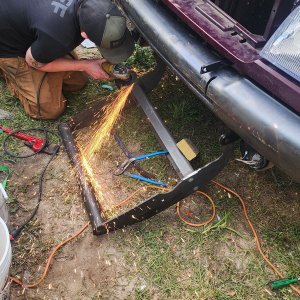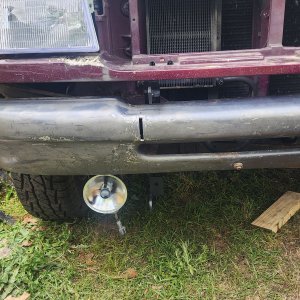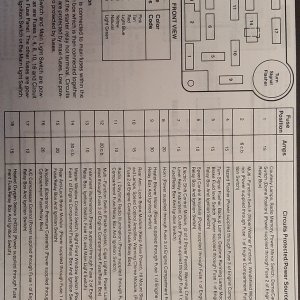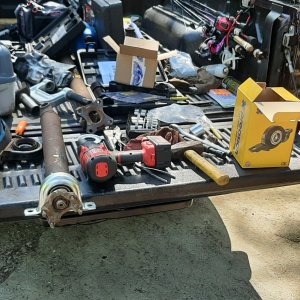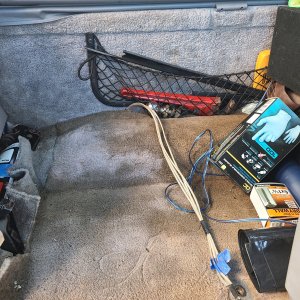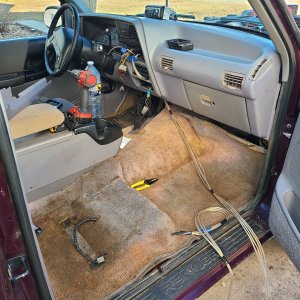RangerRick1994
New Member
- Joined
- Nov 19, 2020
- Messages
- 4
- Reaction score
- 0
- Points
- 1
- Location
- Virginia
- Vehicle Year
- 1991
- Make / Model
- Ford/Ranger
- Transmission
- Manual
I have 1991 Ford Ranger XLT 2.3L. 5-speed manual. I bought it for $1,000 and it seemed fine on the ride home, which was about a two hour drive. Then when I was a few miles from home, it’s like the engine lost all of it’s power and when I accelerated it was very difficult to get up to speed. It only did this for a minute and then the truck “woke up” and it’s like nothing ever happened. Fast forward a couple weeks later and I’m driving to work and it does it as soon as I get on the highway. So the whole drive to work it’s like the engine was misfiring. At a stop light, the engine would idle really hard and almost try to die when accelerating. I’ve replaced all spark plugs, spark plug wires, and both coil packs. After doing so I fired it up, drove it around for a little while and everything seemed fine. Then I parked it and about a hour later I went to go somewhere and it started misfiring immediately. I’ve read it could be the ICM. I just don’t understand why sometimes is runs fine and then all of the sudden it starts to misfire, shake, and act like it may die. Also, there’s a missing hose from my vacuum tree. My vacuum hose diagram doesn’t show that there is supposed to be a hose in that spot, but when I put my finger on it, the engine dies. Finally, could this be because of a bad EGR? Long post, but I had to get it all out there! Thanks!
Last edited:

